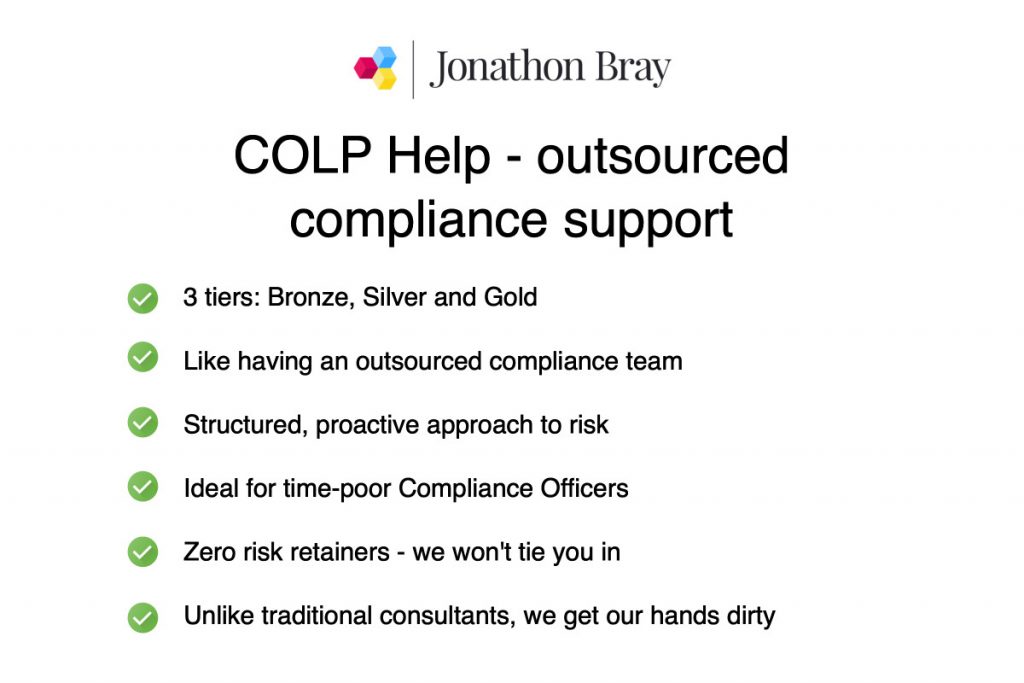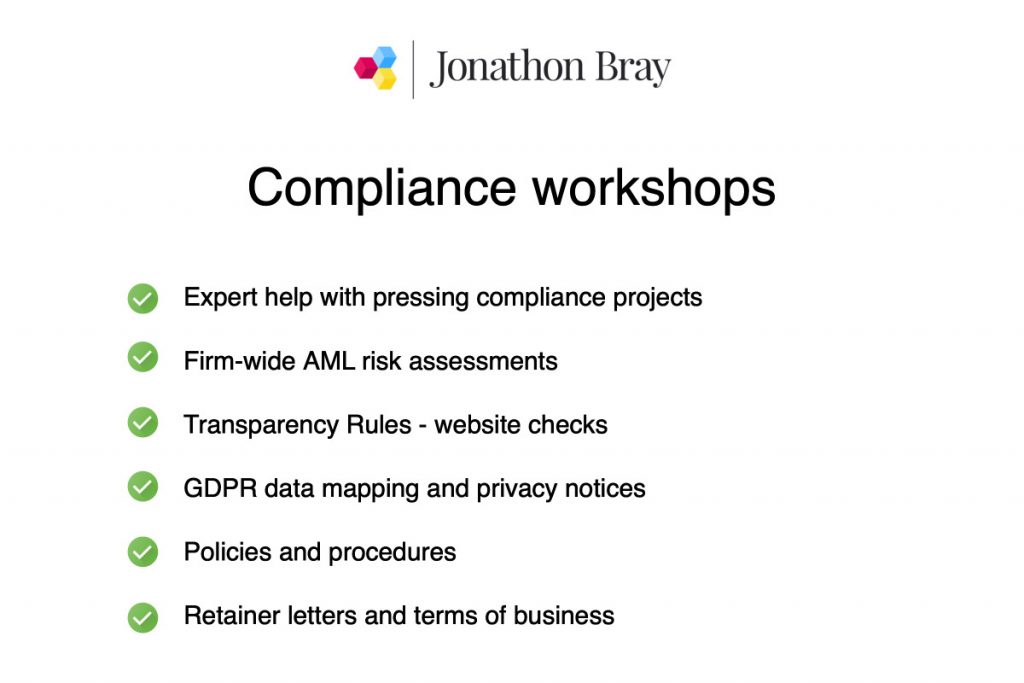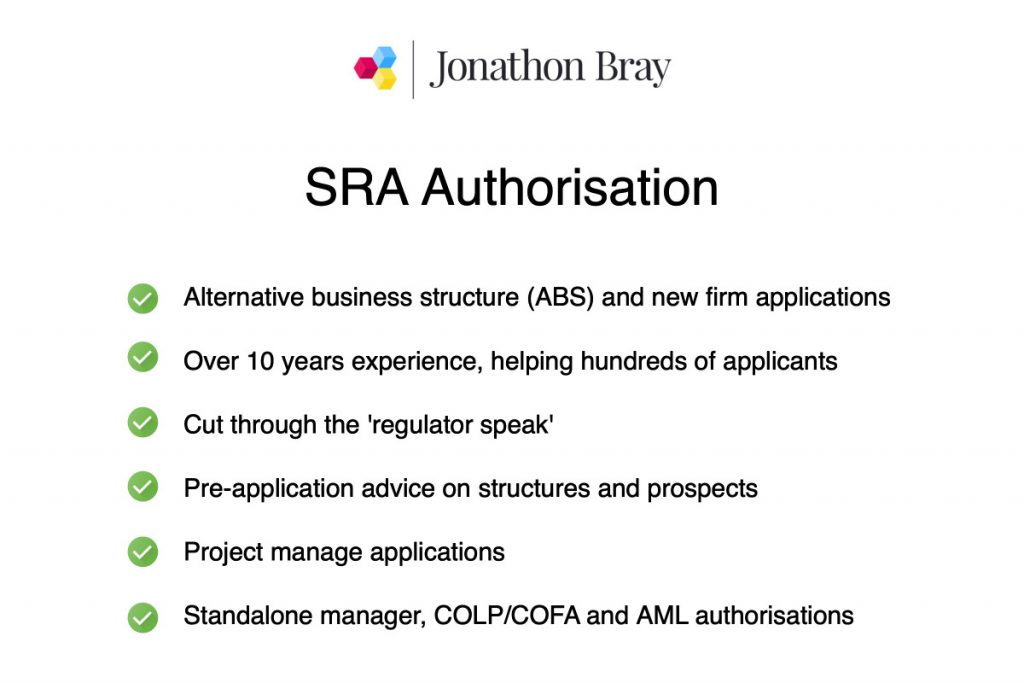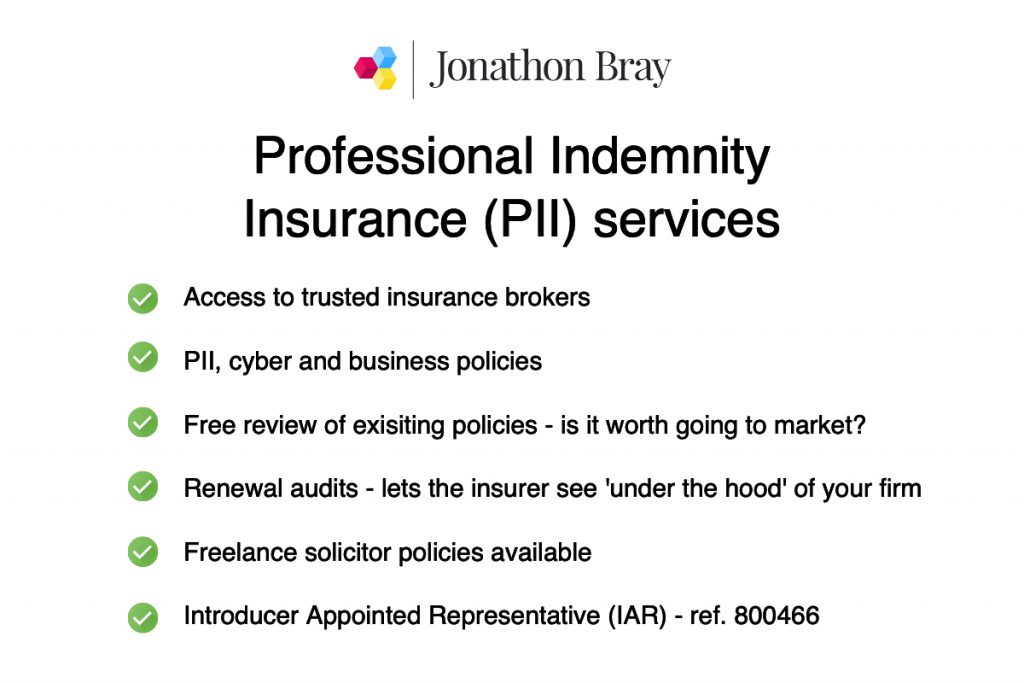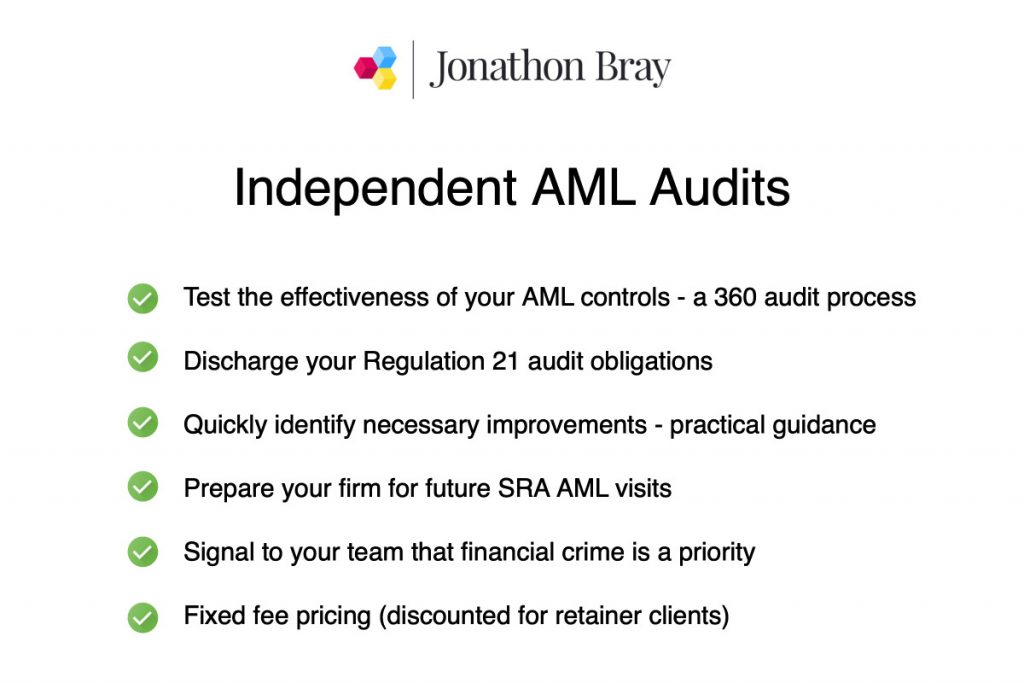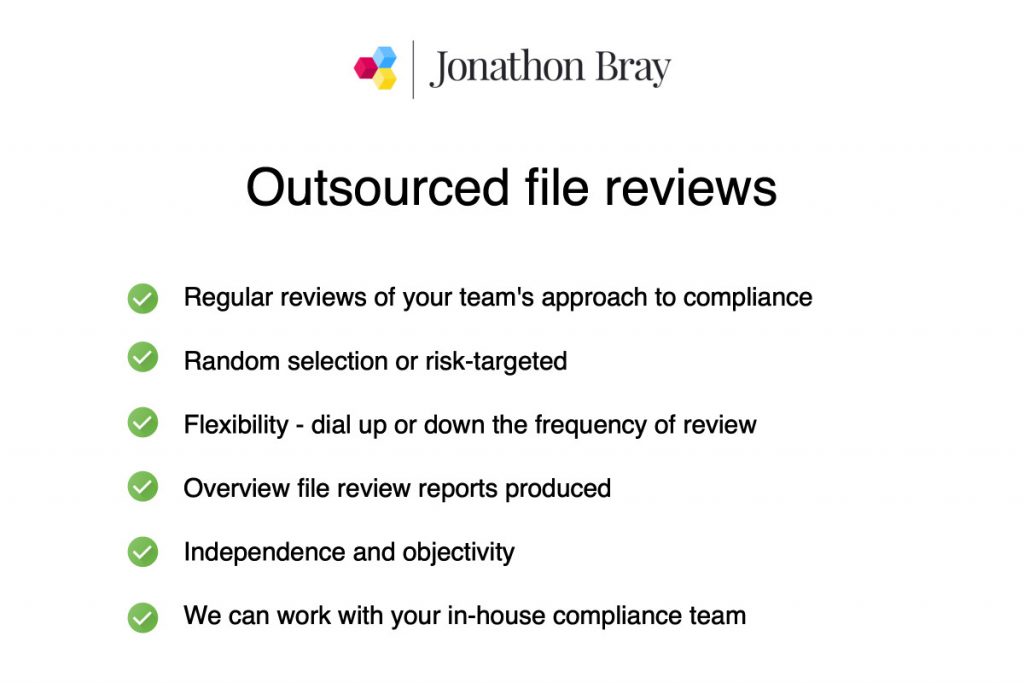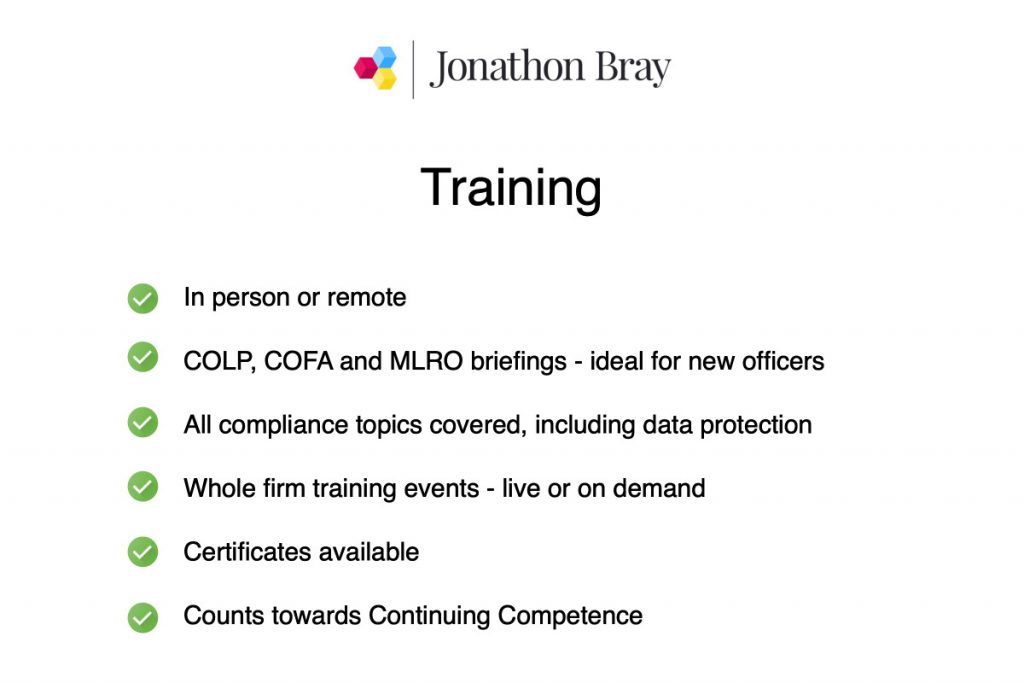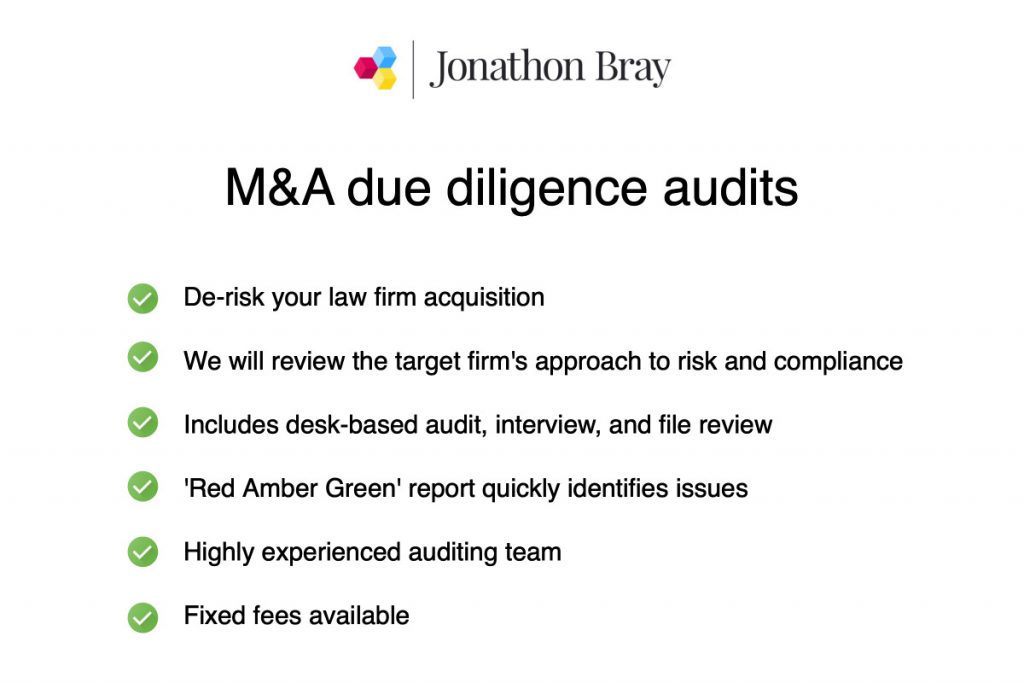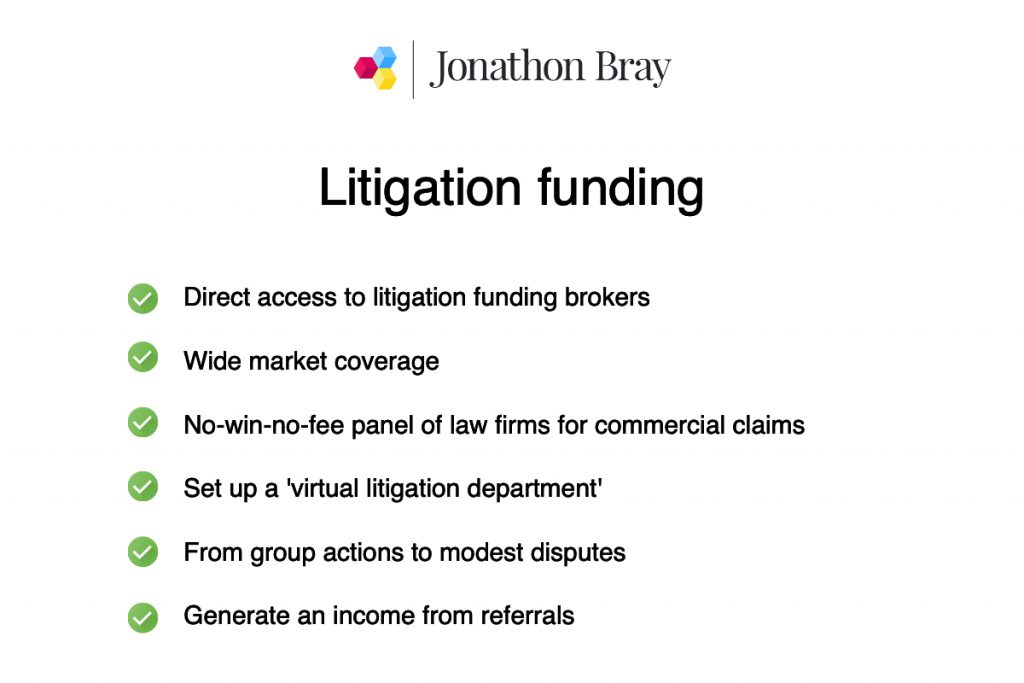Understanding Lexcel Accreditation: An Introduction for Law Firms
Are you considering Lexcel accreditation for your law firm? Wondering about its benefits and how it can elevate your practice?
Join us as we delve into the world of Lexcel with insights from John Edwards of Recognising Excellence. In this comprehensive guide, we’ll explore the advantages, the assessment process, and the latest updates to the Lexcel standard, providing you with everything you need to know about this prestigious accreditation.
Insurance Distribution: A Summary Of The Rules For Law Firms
Insurance distribution is a regulated financial service. Solicitors involved in insurance distribution activities need to adhere to specific rules and regulations set by the SRA and FCA.
What is ‘insurance distribution’?
Insurance distribution refers to a range of activities that include advising on, proposing, or carrying out work preparatory to the conclusion of contracts of insurance, concluding such contracts, or assisting in the administration and performance of these contracts, especially in the event of a claim.
This definition encompasses a broad spectrum of actions, from the initial advice and proposal phase to the finalisation and ongoing administration of insurance policies.
Law firms engaged in personal injury, conveyancing, and probate are likely to be involved in insurance distribution activities. This includes arranging clients’ insurance in personal injury matters or insurance for defective title in conveyancing matters.
ICYMI: Addressing Sexual Misconduct: Lessons for law firms from the Bretherton case
The legal sector was recently shaken by the case of Oliver Bretherton, a former legal director at an international law firm, who was struck off by the Solicitors Disciplinary Tribunal (SDT) for sexually predatory conduct involving junior staff members.
This case is a sobering reminder of the importance of maintaining professional integrity within the legal profession and has set a significant precedent for handling non-criminal sexual misconduct.
Leaders must also take account of the SRA’s appetite for targeting law firm management teams, in addition to the guilty parties. At the recent COLP COFA Conference, Paul Philip (SRA Chief Executive) said that the regulator aims to force firms into greater accountability. “The profession knows who the bad lawyers are…We will try and use fines as a way of instilling self-regulation,” he told a packed Birmingham conference hall.
In light of this, law firms can take several proactive steps to prevent Bretherton-like incidents. These steps are in line with the SRA’s guidance on sexual misconduct and workplace culture.
ICYMI: Why file handlers must spearhead AML risk assessment in law firms
In the intricate world of Anti-Money Laundering (AML) compliance, the stakes are high and the responsibilities vast.
Some law firms rely on central ‘onboarding’ teams to undertake the hefty task of client identification and verification. However, this must not be confused with the core risk assessment requirement, which is a job best suited to the front-line lawyer or file handler.

News and Guidance

SRA Updates
- Strategic Importance of AI in Legal Services: The SRA emphasizes its commitment to supporting innovation in legal technology, acknowledging AI’s role in enhancing service delivery and access to justice.Risk Outlook report: The use of artificial intelligence in the legal market – The SRA’s generally upbeat report on the use of Artificial Intelligence (AI) in the legal market highlights several key aspects and challenges:
- Rapid Development and Accessibility: AI in the legal field, especially generative models like ChatGPT, is evolving swiftly, making these technologies increasingly accessible not just to large firms but also to smaller ones.
- Widespread Adoption and Impact: There’s a notable rise in AI usage within the legal sector, with significant impacts predicted on global gross domestic products and the potential to drive innovation.
- Enhancement of Human Work: AI predominantly supports and enhances human work in legal practices, improving performance and working conditions, and is not (necessarily) seen as a replacement for human roles.
- Cost and Speed Advantages: The adoption of AI technologies can offer major cost and speed benefits, especially in economically challenging times, with consumers expecting firms to utilise such tools.
- Diverse Applications in Legal Work: AI is employed for various purposes in legal settings, from customer engagement like chatbots to internal operations such as contract generation and case analysis.
- Potential and Challenges: While AI offers significant potential benefits, it also presents challenges, including biases, errors, confidentiality concerns, and the need for accountability in its use.
- Regulatory Considerations: The legal sector must navigate varying regulatory landscapes for AI across different jurisdictions, with the UK adopting a relatively light-touch approach.
- Adoption Barriers and Solutions: Firms may face challenges in adopting AI, such as cost, data skills, and uncertainty about its applications. However, these can be mitigated through strategies like developing technological understanding and exploring collaborative approaches.
- Insurance and Legal Compliance: Engaging with insurers and ensuring AI’s operation within regulatory boundaries is crucial. Firms must be cautious in system selection, data handling, and maintaining transparency.
- SRA issues first fixed penalties – The SRA has recently implemented a new regime of fixed financial penalties, marking a significant shift in its approach to enforcing compliance among law firms:
- These ‘automatic fines’ have been introduced to swiftly address non-complex breaches of its rules, aiming to reduce time, cost, and stress involved in traditional enforcement methods.
- The first round of fixed penalties, amounting to £750 each, were issued to three law firms for failing to comply with transparency rules. These rules mandate firms to publish detailed information about costs, service levels, and lawyer qualifications. Firms that persist in non-compliance could face a higher level of fine.
- The penalties were levied against Crystal Law Limited, Ola Leslie Solicitors LLP, and Williams Hortor Law and Mediation for various breaches including failure to publish key service stages, qualifications, disbursement costs, and VAT information.
- We have concerns that this makes the SRA judge, jury and executioner. There is little transparency or accountability for fixed penalty decision making. There is little room for nuance, with investigators clearly using a tick-box approach to the complex implementation of rules.
- The profession can expect to see this system of automatic fining rolled out for other areas of compliance. Top of the list will be breaches of money laundering and sanctions rules.
- Statement: Axiom Ince intervention and its impacts – This defensive statement from the regulator regarding the intervention into Axiom Ince lays out several main points:
- Initial Intervention: The SRA first intervened due to suspected dishonesty and breaches of the SRA Solicitors Accounts Rules by the sole shareholder of the firm, who was suspected of misusing client money, leading to a shortage of over £60 million. This prompted the closure of his personal practice and those of two other directors.
- Law Enforcement Involvement: The issue was referred to law enforcement agencies. The Serious Fraud Office has since begun an investigation and arrests have been made recently.
- Discovery of Issues: The suspected dishonesty and missing client money were uncovered by the SRA’s forensic investigation team, revealing sophisticated fraudulent activities including falsified bank statements.
- Firm’s Acquisition Activities: Axiom carried out two takeovers of firms that had entered administration, raising concerns about new risks to clients. The SRA’s investigation into these acquisitions led to the discovery of the financial irregularities.
- Continued Operations and Closure: While the firm continued to operate after the initial intervention to avoid immediate closure, the firm announced its intention to enter administration. The SRA then intervened in the rest of the firm to protect clients.
- Impact on the Compensation Fund: This case, being the largest intervention in England and Wales, raises questions about the role of the compensation fund and the potential need to increase levies due to increased claims.
- Longer-term Policy Considerations: The SRA plans to review its approach towards consumer protection and regulatory practices, particularly concerning ‘accumulator’ firms.
Some commentators have questioned whether the SRA could have done more to prevent the disaster. Was the SRA’s regulatory approach stringent enough during Axiom Ince’s acquisition of troubled firms? Was the fact that a new firm was taking over larger established rivals enough to trigger more oversight? There’s a debate about whether the SRA should involve itself more in the financial affairs of firms, something that it has previously resisted.
Law Society Updates (may require login)
- News: New accelerator TiPS to provide firms financial support for AI and lawtech – the Technology in Professional Services (TiPS) accelerator is a £1.8 million project aimed at aiding UK law and accounting firms to adopt digital technology and artificial intelligence (AI). The project is led by Lancaster University Management School, working alongside Oxford Brookes University and Hyperscale Group Limited. It’s part of the Next Generation Professional and Financial Services program, supported by Innovate UK and ESRC.
- Updated Practice Note: Freelance solicitors – this updated practice note offers guidance on the relatively new freelance solicitors’ model, established in November 2019. This document is intended for solicitors considering this pathway and those working in SRA-regulated firms who may interact with freelance solicitors. Key points covered in the practice note include:
- Freelance solicitors are self-employed, work alone, do not employ others in connection to their services, practice in their own name, are engaged directly by clients, and receive fees directly.
- There are distinct regulations for solicitors performing reserved and non-reserved legal activities. Those offering only non-reserved activities need not be authorised but must notify the SRA. Those providing reserved legal activities must adhere to more specific rules.
- Freelance solicitors providing non-reserved legal activities are not required to have PII but it’s advisable for protection. Those offering reserved activities must obtain “adequate and appropriate” PII.
- Solicitors must inform clients about their insurance arrangements and complaints processes. They must also clarify their regulatory position and the limitations of their practice to clients.
- Solicitors involved in financial or real property transactions must register with the SRA under the Money Laundering Regulations 2017.
- Freelance solicitors can’t employ others if they undertake reserved legal activities. However, they can contract third-party administrative support not amounting to employment. They should not operate a client account. They may hold funds for fees or disbursements under specific conditions.
- To provide reserved legal activities, a solicitor must have held a practising certificate for at least three years.
- Clear communication about the solicitor’s status, the nature of the legal services offered, and the implications of their freelance status is crucial.
- On a practical level, freelance solicitors should carefully consider their storage of files, data protection policies, practising address, and risks associated with personal liability.
- Freelance solicitors returning to traditional law firms might face challenges, especially regarding insurance and liability.
- Firms should understand the limitations of freelance solicitors, particularly regarding client funds and insurance, and train staff accordingly.
Other Updates
- Legal Futures: Consolidation of legal regulators “may be a good thing”
- Law Society Gazette: SRA’s expanded powers “will interfere with independence of solicitor profession”
- Today’s Conveyancer: AML will “continue to be focus for 2024”, CLC says
- Serious Fraud Office: SFO secures conviction of solicitor for tipping off client about money laundering investigation
- Basel AML Index 2023: Action on money laundering more urgent than ever
- Legal Futures: Lawrence the ‘AI paralegal’ passes SQE with flying colours
- Law Society Gazette: Justice committee to hear evidence from legal chiefs on regulation
Free webinars and recordings

Peeling back the layers on Source of Funds: Knowing when to go deeper
In an era where AML compliance has become more critical than ever, a recent webinar hosted by Thirdfort provided invaluable insights. This event, which saw several hundred legal professionals in attendance, was presented by Harriet Holmes, Jonathon Bray, and Rachael Eyre. Their discussion shed light on the intricate aspects of Source of Funds (SoF) compliance, a subject of paramount importance to solicitors.
Topics discussed in the webinar:
- Deep Dive into Regulatory Expectations: a comprehensive analysis of the expectations set by regulatory bodies regarding Money Laundering Regulations (MLRs). The speakers emphasised the necessity for law firms to not only integrate SoF checks into their standard procedures but also to grasp the nuanced requirements of these regulations. Understanding the distinction between routine and high-risk transactions and tailoring due diligence processes accordingly was highlighted.
- Special Focus on High-Net-Worth Individuals and Politically Exposed Persons: a significant portion of the discussion was dedicated to the complexities associated with high-net-worth individuals and Politically Exposed Persons (PEPs). The speakers discussed the importance of a risk-based approach, advocating for heightened diligence and deeper investigation in cases involving these individuals. Specific strategies for verifying the sources of wealth and funds were discussed, along with the legal implications of failing to do so.
- Spotlight on gifts: this is always a particularly challenging area. The webinar delved into various scenarios solicitors might encounter, from straightforward family gifts to more complex situations involving non-family members. The discussion underscored the importance of context in assessing the risk and the need for a proportional response in investigation depth.
- Challenges with Overseas Buyers: handling transactions involving overseas buyers was discussed at length. The speakers outlined the additional measures required in these cases, including not just the authentication of documents but also an understanding of the legal and financial systems of other countries. The importance of clear communication with clients regarding the potential delays and costs associated with AML enquiries for overseas transactions was also emphasised.
- Practical Compliance Strategies: The webinar concluded with actionable tips for legal practitioners. Emphasis was placed on integrating SoF checks into the routine due diligence process. The use of technology, like open banking, was advocated as a means to streamline these processes, making them more efficient and less intrusive for clients.
Additional resource: The bank of Mum and Dad is low-risk, or is it?
Recording: Risk and compliance horizon scanning – top takeaways from the SRA Conference 2023
The annual SRA Compliance Officers Conference is a ‘must attend’ for compliance officers as the regulator sets out its current priorities.
If attending in person was not possible for you, the virtual event will be hosted by the SRA from 6th – 9th November.
Following the conference, Jon and Rachael took some time to reflect on the day. They discussed some of the key takeaways and the surprising tone of the SRA’s warnings to the profession.
Feel free to share this recording with colleagues who may be interested in this free training.
JBL clients get priority access to our live sessions.
Password: Jxv4NDu=
Training resource: On-demand webinar archive
Contact us for access to our extensive back catalogue of recorded webinars, available from just £49 + VAT. Topics include:
- Financial crime: LSAG, firm-wide risk assessments, client due diligence etc.
- Sanctions
- Use of client account as a banking facility
- Data protection
- Financial stability
- Conflicts and confidentiality
- SRA Transparency Rules
- Accounts Rules
- Employee Ownership Trusts (EOTs)
- Register of overseas entities
- Sexual misconduct and solicitors’ private lives
- Terrorist financing
- And more….
We also produce bespoke training webinars and live workshops for your team.
SRA and SDT disciplinary decisions

- Tracey Colgan – fined £1547.85 following drink driving conviction.
- Asaf Rafiq – customer response adviser (non-lawyer) ‘struck off’ for sending confidential client information to third parties.
- GJ Templeman Solicitors Limited – fined £3,800 for breaches of the Money Laundering Regulations dating back to 2017. The firm failed to adequately consider the SRA’s warning notice on firm-wide risk assessments, and did not give the SRA accurate information when requested.
- Williams Hortor Law and Mediation – automatically fined £750 for Transparency Rule breaches.
- Ola Leslie Solicitors LLP – automatically fined £750 for Transparency Rule breaches.
- Crystal Law Limited – automatically fined £750 for Transparency Rule breaches.
Licensed conveyancers get sanctioned too…
The CLC adjudication panel publishes its decisions here. Over the past 12 months, the panel has handed out several punishments, including:
- Mr Michael Day, Michael Day Licensed Conveyancers – three-year disqualification, personal fine of £1,000, practice fine of £5,000, and costs of £2,763 for breaches of the Anti-Money Laundering (AML) Code.
- Mr Phillip Edwards and Ms Nikki Fuller – both had their licenses revoked on grounds of error.
- Mr James Marshall and Mr Jeremy Kotze – penalised for breaches of several codes, including the Code of Conduct, Conflicts of Interest Code, Complaints Code, and more. They were permanently disqualified and fined £10,000 each.
- Brindajani Nicholson, Jayshree Chudasama, Quality Conveyancing Limited: Nicholson faced a reprimand and £5,000 fine, Chudasama received a reprimand, and Quality Conveyancing Limited was fined £10,000 for breaches of the Code of Conduct, Accounts Code and AML Code.
What we do – contact us for a chat
